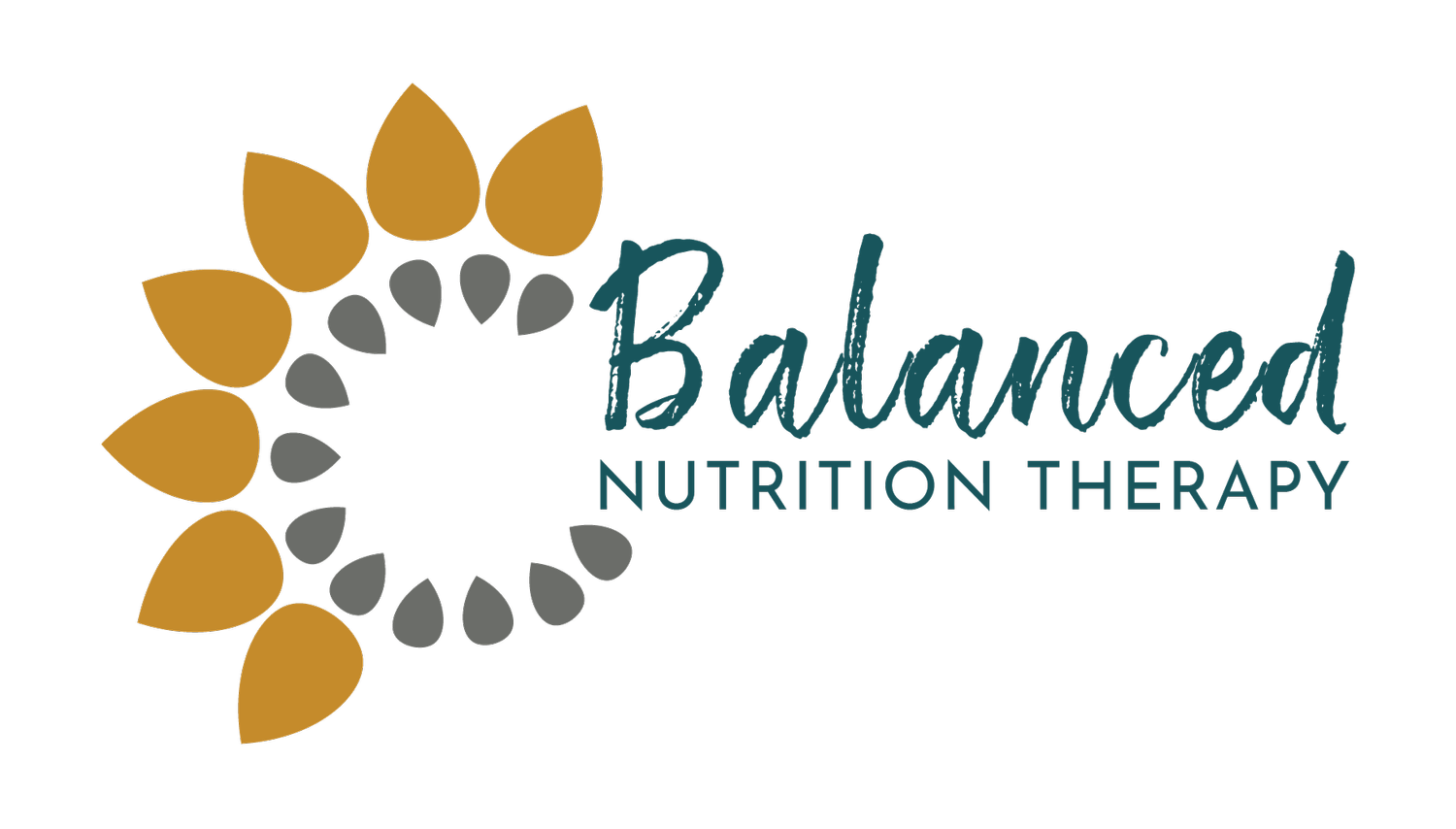Outpatient Support for Bulimia in the St. Louis Area
Helping you break free from the binge-purge cycle with compassion, not shame.
If you're stuck in the exhausting pattern of bingeing and purging, it can feel like you’re constantly at war with yourself. One moment you're out of control, the next you're desperate to regain control—only to find yourself back in the same loop again.
You are not broken.
You are not alone.
And you do not have to keep doing this.
At Balanced Nutrition Therapy, we specialize in helping people find freedom from bulimia and other eating disorders, whether this is something you’ve hidden for years or something that’s just beginning to spiral. Our approach is grounded in empathy, evidence, and real-life recovery.
What Is Bulimia? (And What It Isn’t)
Bulimia is a serious and often misunderstood eating disorder. While it typically involves a cycle of binge eating followed by a purge (like vomiting, laxatives, over-exercise, or restriction), it’s about much more than food.
People with bulimia may:
Feel disgusted or out of control after eating
Experience both relief and guilt after purging
Appear “fine” on the outside, even high-functioning and successful
Convince themselves that “this is the last time”
You don’t need to purge every day, and you don’t need to be underweight to be struggling with bulimia. If food feels like a source of shame, secrecy, or self-punishment—there’s a better way forward.
The Emotional Side of Bulimia
“I feel disgusting after I eat.”
“I promise this won’t happen again.”
“Purging is the only way I feel relief, I don’t want to lose that.”
“But I’m not skinny…”
For many, bulimia isn’t just about food, it’s about emotions. The binge may serve as a way to push down feelings, while the purge becomes a release, a punishment, or an attempt to “fix” what just happened. Sometimes it can be about trying to “fix” something completely unrelated to the food altogether, such as “fixing” a conversation that went poorly, or a marriage that is falling apart. It can also be the result of extreme restriction during the day that leads to overwhelming urges at night.
It’s common to feel:
Guilt, shame, and secrecy
Anger or self-disgust
Anxiety, especially around food
Fear of gaining weight or “losing control”
…and there is a way out of this cycle. Reaching out for help from a Registered Dietitian that specializes in Eating Disorders is a powerful first step.
How Does Bulimia Affect Day-To-Day Life?
Even if no one knows what you're going through, your body does. Bulimia can impact:
Physical health: Electrolyte imbalances, heart issues, digestive problems
Cognitive function: Difficulty concentrating or remembering
Sleep: Trouble falling or staying asleep
Mood & relationships: Irritability, social withdrawal, increased anxiety
Reproductive health: Hormonal disruptions and menstrual irregularities
You deserve support before it gets worse. The earlier you get help, the easier it is to recover. But don’t stress, if you’ve been struggling for decades, there is hope for you too!
What Does Bulimia Recovery Look Like?
Recovery doesn’t have to mean going straight from “binge-purge” to “perfectly eating.” At Balanced Nutrition Therapy, we help you take small, consistent steps.
That might look like:
Adding a pause between urge and action (even 5 minutes can matter)
Using coping tools before acting on the urge to binge or purge
Eating consistently throughout the day - yes, even the morning after a binge
Exploring why the urge is happening (emotional, biological, or both)
This work takes courage, and you don’t have to do it alone. Our team of Registered Dietitians in St. Louis would be honored to help you.
Our Approach to Bulimia Recovery
We combine compassionate clinical care with real-life tools that help you move forward.
1:1 Nutrition Therapy with Registered Dietitians
Build structured, flexible meals that meet your needs
Address medical risks & repletion
Get education around how food supports mental health
Recovery Coaching Options
Text support and accountability between sessions
Build a personalized toolbox of coping skills that work for YOU
Grocery support and post-meal processing
Post-Meal & Exposure Support
Stay with us after meals in our art space to reduce purging urges
Practice eating “fear foods” in a supported environment
Learn to sit with the discomfort instead of acting on it
Team Collaboration
We coordinate with your therapist, doctor, or other care providers when therapeutically appropriate, because you deserve a team that works together.
Community Support
Our unique Everyday Recovery program offers additional community and accountability for a stronger recovery.
Common Myths About Bulimia
“I don’t throw up, so I must not have bulimia.”
Purging isn’t always vomiting; it can be laxatives, excessive exercise, or even fasting. If you’re compensating after eating, we should talk.
“I’m not sick enough to need help.”
If your relationship with food is stealing your joy, peace, or health—you’re sick enough to get support.
“I can stop on my own; I just haven’t yet.”
Recovery is hard because of how bulimia works. It thrives in secrecy and silence. Support makes the process safer and more effective.
“My doctor says I’m fine.”
Bulimia doesn’t always show up on lab work, until it does. And emotional distress is just as important as physical signs.
Why Choose Balanced Nutrition Therapy?
Outpatient support designed around your real life
Experienced dietitians & recovery coaches who get it
Virtual & in-person options in St. Louis & beyond
Post-meal and text support to help between sessions
Community-focused offerings like support groups & classes
We work with people at every stage of recovery, even if you're unsure whether you're ready.

Ready to Stop the Cycle?
Whether you’re purging once a month or multiple times a day, your body and mind deserve care.
You don’t have to feel ashamed. You just have to take the first step.



